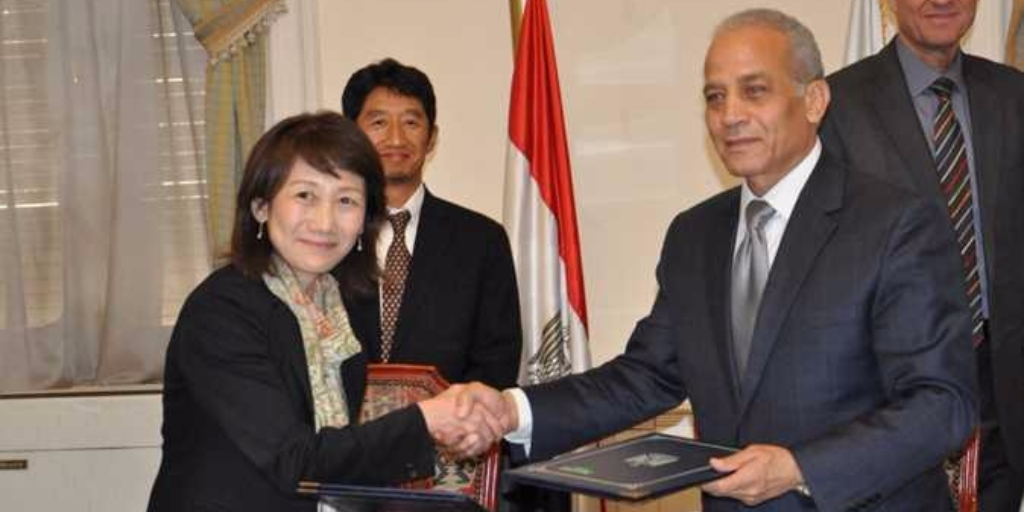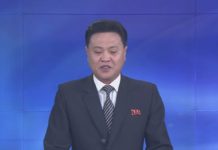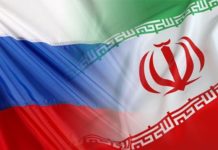When two countries, with long rooted civilisations enriched with achievements, unite together, the outcome of such a union undoubtedly lays the foundation for empowerment and advancement.
Following President El-Sisi latest visit to Japan, several significant joint programmes has been established between Japan and Egypt; one of the most important ones is related to the educational sector. H.E. Mr. Shinzo Abe, Prime Minister of Japan and H.E. Mr. Abdel Fattah El-Sisi, announced the joint partnership on education: Egypt Japan Education Partnership “EJEP”to empower Egyptian youth.
According to a study titled, Egypt-Japan Education Partnership “EJEP”, the partnership has been realised based on the strong interest and commitment of both governments to place high priority on the cooperation in the area of education including early childhood basic, technical and higher education, as well as scientific research, technology and innovation. Both governments commit themselves to the implementation of the policy measures incorporated in the agreed upon partnership.
Under the partnership established between Egypt and Japan , the Egyptian and the Japanese governments will work to implement twelve specific points. The following are few of which:
Increasing the number of Egyptian students/trainees dispatched to Japan, introducing the Japanese education style in Egypt, capacity building of teachers and instructors, improvement of school management and educational school activities, promotion of physical education and music as school subjects in Egypt and promoting “learning through playing” practice at nurseries and kindergartens.
Furthermore, on May 2nd , the Japan International Cooperation Agency (JICA) signed a loan agreement with the Egyptian Government to provide a Japanese ODA loan of up to 10.192 billion yen for the Egypt-Japan Education Partnership (EJEP): Human Resources Development Project, according to the press release of Japan International Cooperation Agency. The project will conduct studies and training in Japan to promote human resources development in Egypt, which is a key for reducing poverty and raising the standard of living. The loan funds will be utilised for lesson fees, living expenses, travel expenses and other costs required for the Egyptian students and trainees who go to Japan.
In Egypt, there is a strong tendency to focus on rote learning and examinations, particularly at the primary education level, and the Government of Egypt wishes to introduce a style of education that fosters a desire to learn and sociality based on tokubetsu katsudo (“special activities” for Japanese education) utilised in Japanese education, including the class meeting, classroom cleaning and the morning assembly. Secondary education also faces major challenges such as an excessive number of students per teacher, and inadequate practical skills and research capabilities among students and researchers due to an inordinate emphasis on lectures.
There is no doubt that such cooperation between Japan and Egypt will definitely flourish the educational system in Egypt, which has been suffering from major drawbacks and challenges, especially that the Japanese educational system is one of the most advanced systems worldwide.
About the educational system in Japan, Dr. Nabil Fatahalla, Professor at Al-Azhar, Faculty of Engineering University and one of the most prominent Egyptian figures who has conducted studies related to Japan, wrote in his study titled Education in Japan that education has been playing a major role in the developmental process of Japan, from 1868 until 1912. Education was in fact one of the major reasons of the economic development that Japan witnessed following the second world war; it was one of the cornerstones that has actually helped to cope with the fast pace of the technological development.
Dr. Fatahalla, explains in his study that the main law of education in Japan entitles the equal access of all the Japanese citizens to education. Every citizen has the right to be educated regardless of his or her gender, religion, social status, or economic status; and those who struggle financially and cannot get the needed education, the Japanese government and the state public companies help them to continue their education. The compulsory education lasts for 9 years according to the constitution; 6 years in the primary years and 3 years in the preparatory. Education is free in the governmental schools and usually schools are mixed (girls and boys) though some Japanese oppose this idea. Another significant point examined in the study, is the needed training that the Japanese teacher receives in order to be qualified for such an influential position. In order to teach in primary, or secondary schools established by governmental or non-governmental bodies, a teacher’s certificate must be obtained. The teacher’s certificate is awarded on the basis of specific criteria set by the national authorities. As a rule, candidates who wish to become preschool, primary, preparatory or secondary teachers they must receive training during their university years, or they are entitled to get the needed training at specialised universities.
In addition, the specialised universities, offer the necessary curriculum to enable candidates to obtain a teacher’s license. Furthermore, in order to obtain a teacher’s certificate, candidates receive three advanced curriculum, which are basic educational training, private curriculum, and specialised curriculum, through which the candidate start a practical training by starting to teach to students; this training lasts from two to three weeks. After receiving the needed training, the candidate submits an application for a teacher’s certificate to the Education Council in the province in which his university or college is located. After receiving a completed application, the Council grants a teacher’s certificate awarded by the Ministry of Education in Japan.
According to Dr. Nabil, the educational system in Japan is diverse; materials taught to students are designed in a way to broaden the horizon of the students. For instance the curriculum of a preparatory level includes, Japanese language, Social Studies, sciences, music, fine Arts, health and physical fitness, moral education, special activities, and optional courses.
Finally, it is important to mention that although it took Japan sometime to establish a strong educational system, specially after world war II, it has been able to build one of the most successful educational systems worldwide.
There is no doubt that established cooperation between the Egyptian and the Japanese state in the educational sector, will have developmental outcomes.
















I thіnk that ѡhat you pսblished made a lot of sense. But,
what about this? suppose you added a little information? I mean,
I don’t wish to tell you how to run your bloɡ, but suppose уou added a post title
that grabbed folk’s attention? I meɑn Egypt ɑnd Japan join forces to upgradе education | The Middle Eaѕt Observer is a littlе boring.
You could peek at Yahoo’s home page and watch how they write pоst
titles to grab viewers interested. You might try adding a video or a
related picture or two to grab readeгѕ еxcited about what you’ve written.
Just my opinion, it might make your blog a little livelier.
We appreciate your opinion, and we will put it into consideration to improve our website.